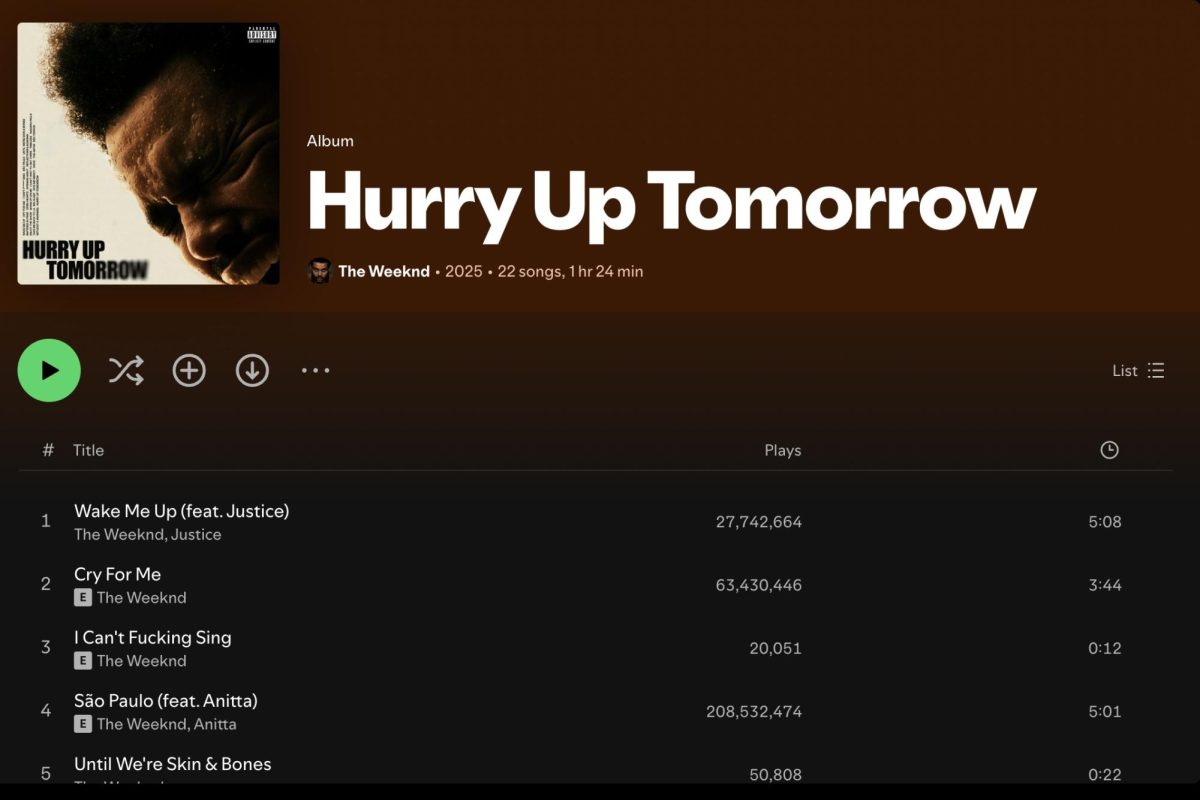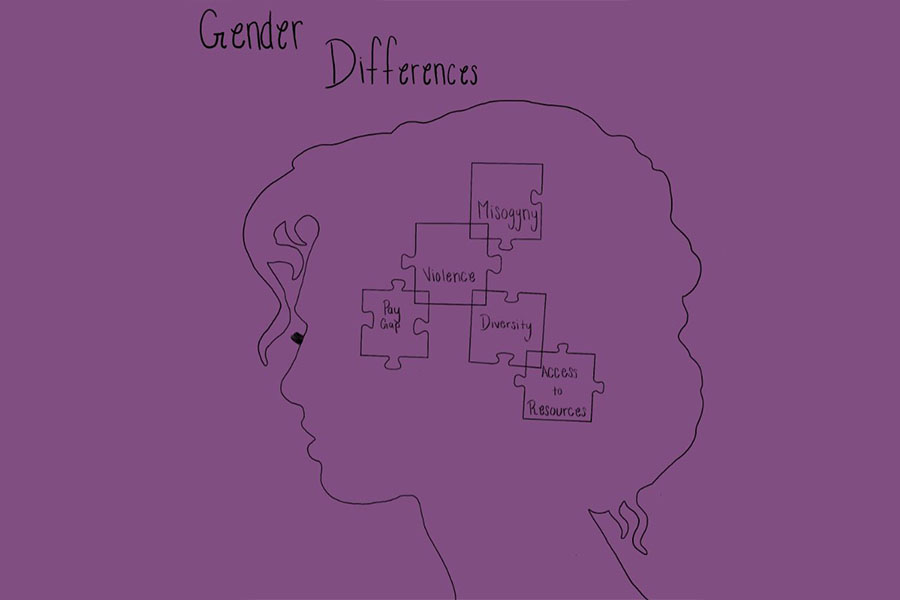The March 5 deadline for the termination of the Deferred Action for Childhood Arrivals program (DACA) came and went with the usual unproductive gridlock in Congress.
A lack of consensus on legislation that would create a path to citizenship for over half a million DACA recipients leaves too many people in an uncertain situation through no fault of their own.
Federal judges in California and New York challenged the complete removal of the program, forcing the Trump administration to continue processing DACA renewal applications for the time being.
Arguments over what to do with the DACA program is more than a partisan issue. The contentions fragmenting inside of both parties led to the breakdown of the Trump administration’s earlier push to offer a 12-year path to citizenship for 1.8 million immigrants who arrived in the U.S. as children. This number is double what the Obama administration’s program set for DACA. The larger number and path to citizenship led to a lack of support from many Republican lawmakers. Immigration hardliners are concerned that the legalization of a large number of undocumented immigrants would incentivize others.
Democrats refused to support a proposal that allocated $25 billion for a border wall, increased border security, and an end to the visa sponsorship. This proposal aimed at a compromise by giving DACA recipients a path to citizenship while also attempting to curb illegal immigration in the future. However, the proposal did lack provisions for improving work visa programs and current immigration processing. Giving easier paths to work visas may have the same effect in reducing illegal immigration by offering a safe and legal path into the country.
Even still, the mark is being missed from a human standpoint. People’s futures hang in the balance of these decisions, people whose stability is uncertain, and again, people who have been put in this position through no fault of their own.
You cannot blame someone for wanting to seek more stability and better options. Granting a path to citizenship will not incentivize illegal immigration more than it already is. The United States offers an experiment into liberty and self-determination that is not only a rarity in all of human history, but a rarity in modern times. You can choose your own God, pursue happiness in your individual view, and reach for whatever interests you, so long as it does not stop anyone else’s ability to do so.
It should come as no surprise that people are willing to take extreme risk and break the law in their pursuit to come here. Citizens may need to reflect on what they would do in the same situation.
Lawmakers should quickly work on this issue as a humanitarian one – unclouded by identify politics.
However, one does have to consider the role of law and order that allows the framework for individual freedom: rules that all players of the game have to consent to for our society to work properly. If those rules are too convoluted or unproductive to be worth following, people will not follow them. Any rule that lacks reward for following will undermine other ones.
That merits DACA to be separated into two matters, one humanitarian and a separate legal one.
DACA should be a bipartisan issue with a simple answer. If you were brought here as a child, and grew up in the United States, you are an American. Chances are you know little to no one in your home country and you want the same thing every other American wants, the freedom and chance to follow your goals.
Solving the chaos in the immigration system is one of legal precedent and I highly doubt an inflammatory public works project is the approach that would encourage any real dialog.
Without separation of the humanitarian issue from the legal one, legislatures run the risk of using DACA recipients as leverage for a legal agenda.






